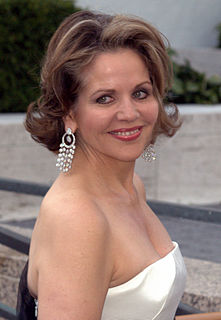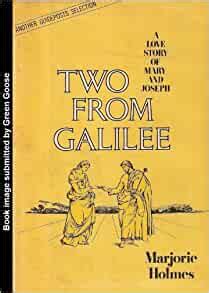A Quote by Barbara Tuchman
The ills and disorders of the 14th century could not be without consequence. Times were to grow worse over the next fifty-odd years until at some imperceptible moment, by the some mysterious chemistry, energies were refreshed, ideas broke out of the mold of the Middle Ages into new realms, and humanity found itself redirected.
Related Quotes
War and culture, those are the two poles of Europe, her heaven and hell, her glory and shame, and they cannot be separated from one another. When one comes to an end, the other will end also and one cannot end without the other. The fact that no war has broken out in Europe for fifty years is connected in some mysterious way with the fact that for fifty years no new Picasso has appeared either.
Mere opinions, in fact, were as likely to govern people's actions as hard evidence, and were subject to sudden reversals as hard evidence could never be. So the Galapagos Islands could be hell in one moment and heaven in the next, and Julius Caesar could be a statesman in one moment and a butcher in the next, and Ecuadorian paper money could be traded for food, shelter, and clothing in one moment and line the bottom of a birdcage in the next, and the universe could be created by God Almighty in one moment and by a big explosion in the next--and on and on.
If there were no belief in god, if such a truth were ever realized, then their would be no fear of consequence. Stop for a moment and imagine what this world would be like without consequence and fear. Imagine what we could, what we would do. I dare not think of such a nightmare for it could only be born in pain.
If you go back a century in Europe, all over the place people were speaking different languages. There were dozens of languages in France and Italy, and they're all called French [and Italian], but they were not mutually comprehensible. They were different languages. And they have mostly disappeared in the last century or so. Some are being preserved, like Welsh, some are being revived, like Basque or Catelan to some extent. There are plenty of people in Europe who can't talk to their grandmother because they talk a different language.
From the moment my dad died, from the moment I found out there was the possibility of his dying, there were many surprises - years after, minutes after. The moments I was okay were as surprising as the ones that I wasn't. Making it through the eulogy without losing it. And then the guilt I felt about it. Surprise!
This was middle school, the age of miracles, the time when kids shot up three inches over the summer, when breasts bloomed from nothing, when voices dipped and dove. Our first flaws were emerging, but they were being corrected. Blurry vision could be fixed invisibly with the magic of the contact lens. Crooked teeth were pulled straight with braces. Spotty skin could be chemically cleared. Some girls were turning beautiful. A few boys were growing tall.
For they might be parted for hundreds of years, she and Peter; she never wrote a letter and his were dry sticks; but suddenly it would come over her, If he were with me now what would he say? --some days, some sights bringing him back to her calmly, without the old bitterness; which perhaps was the reward of having cared for people; they came back in the middle of St. James's Park on a fine morning--indeed they did.








































